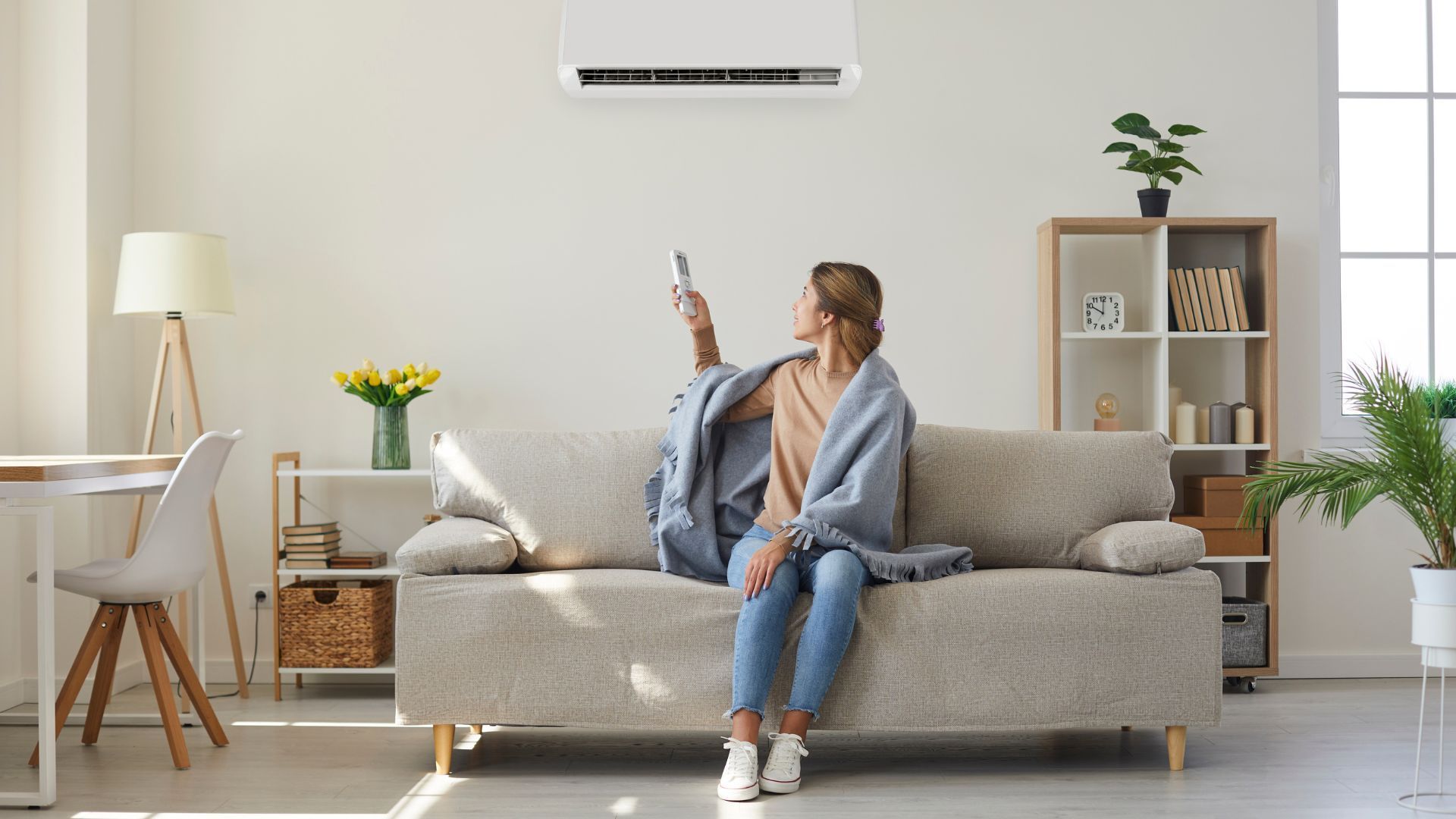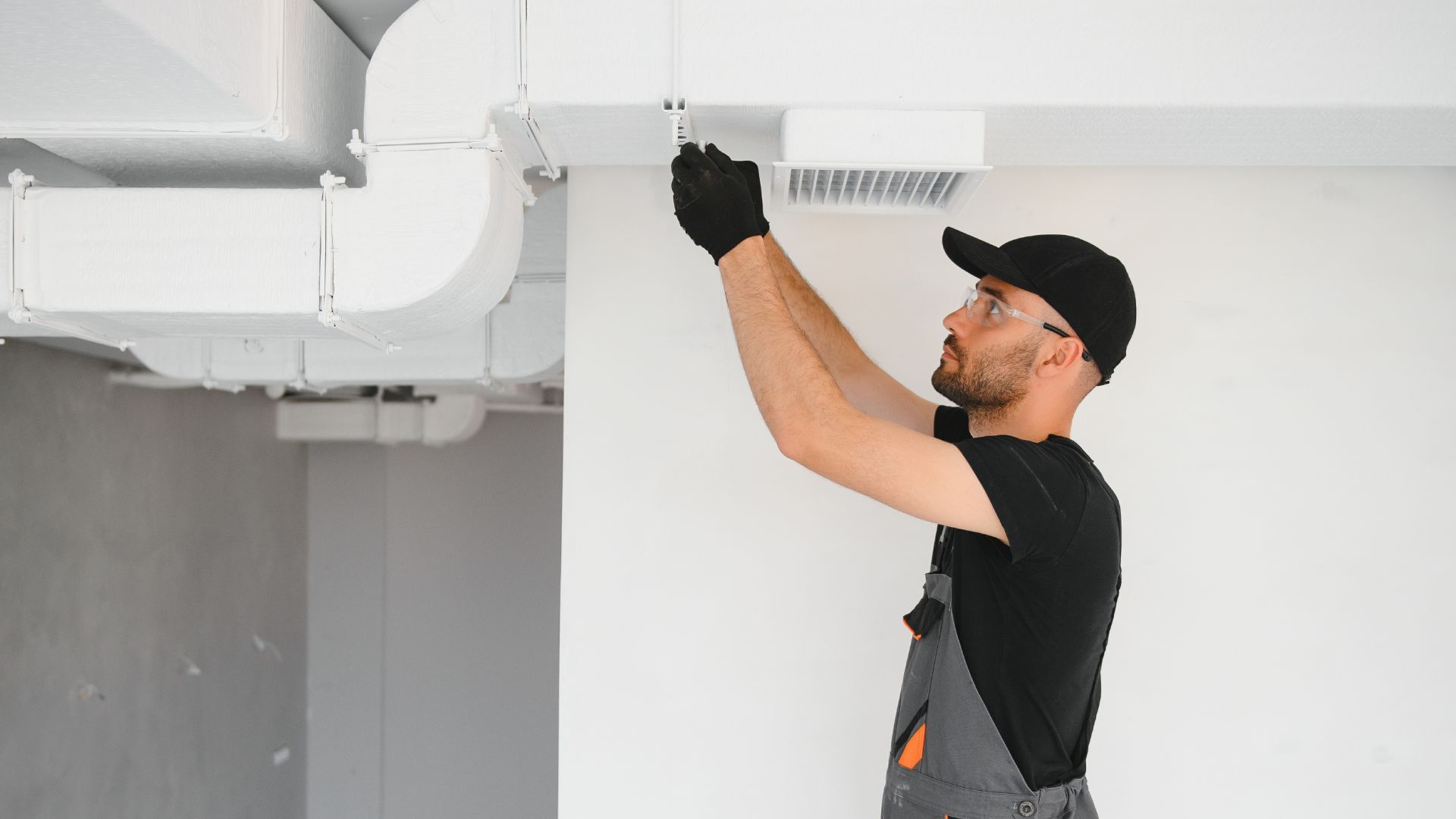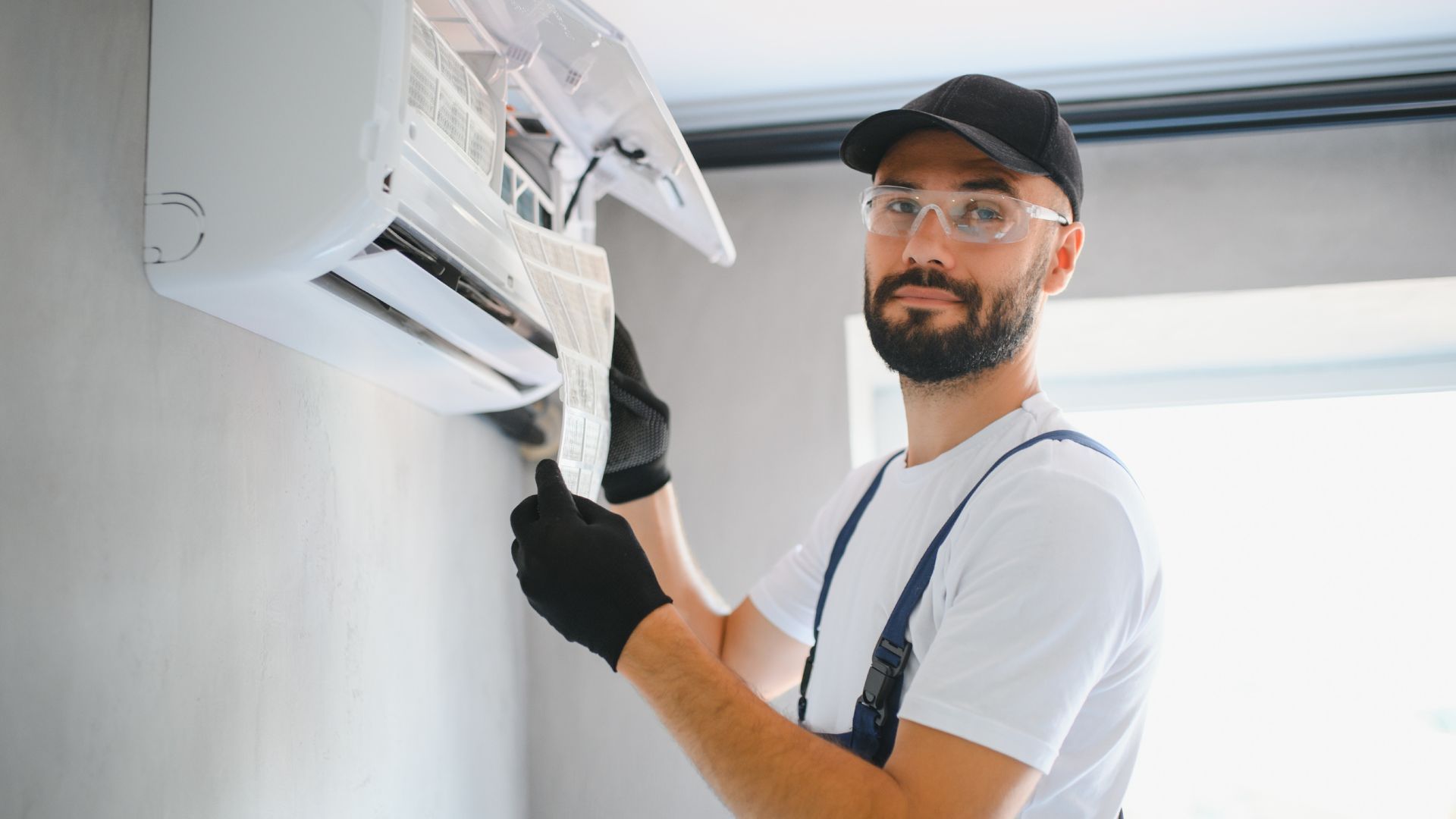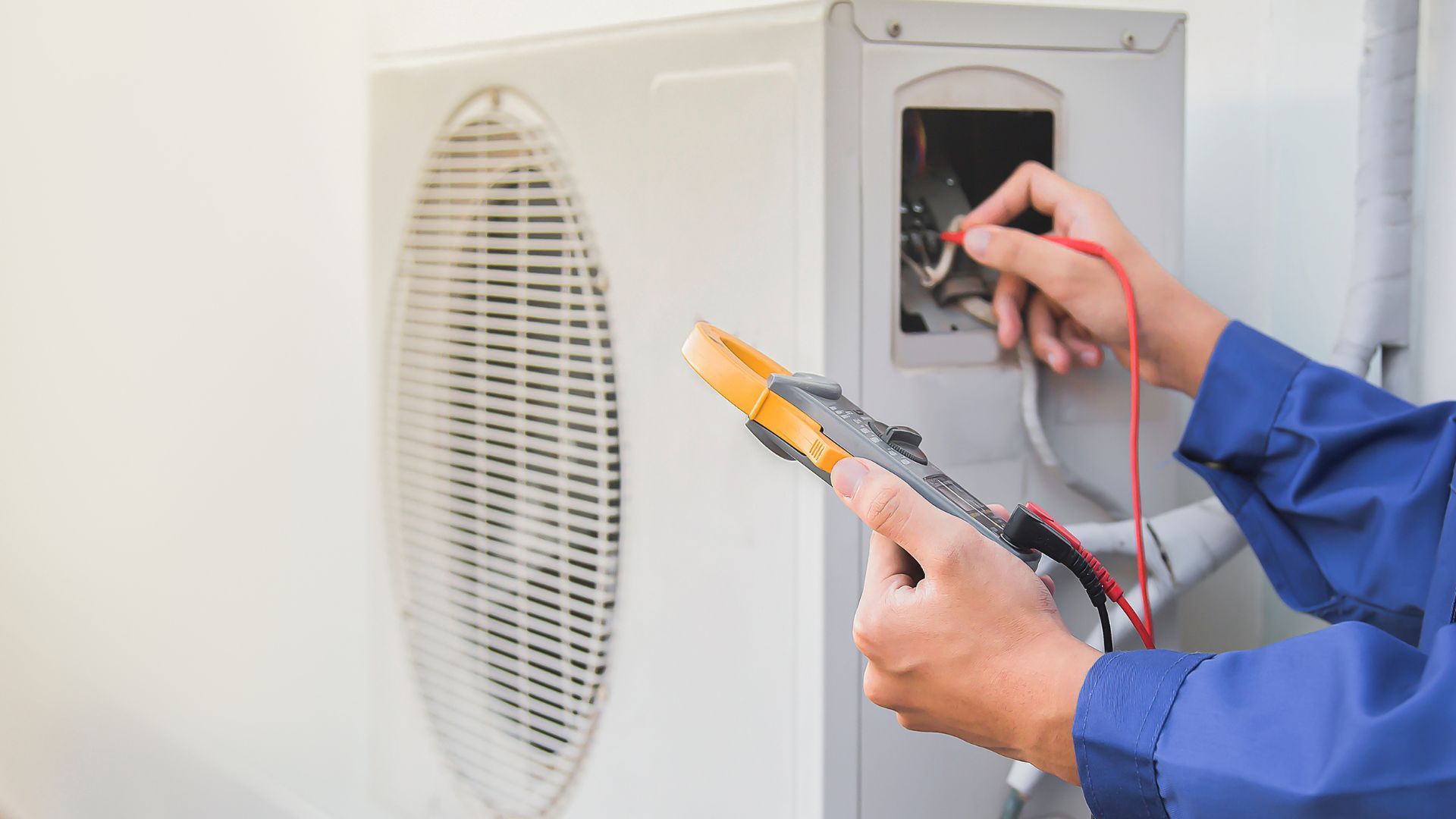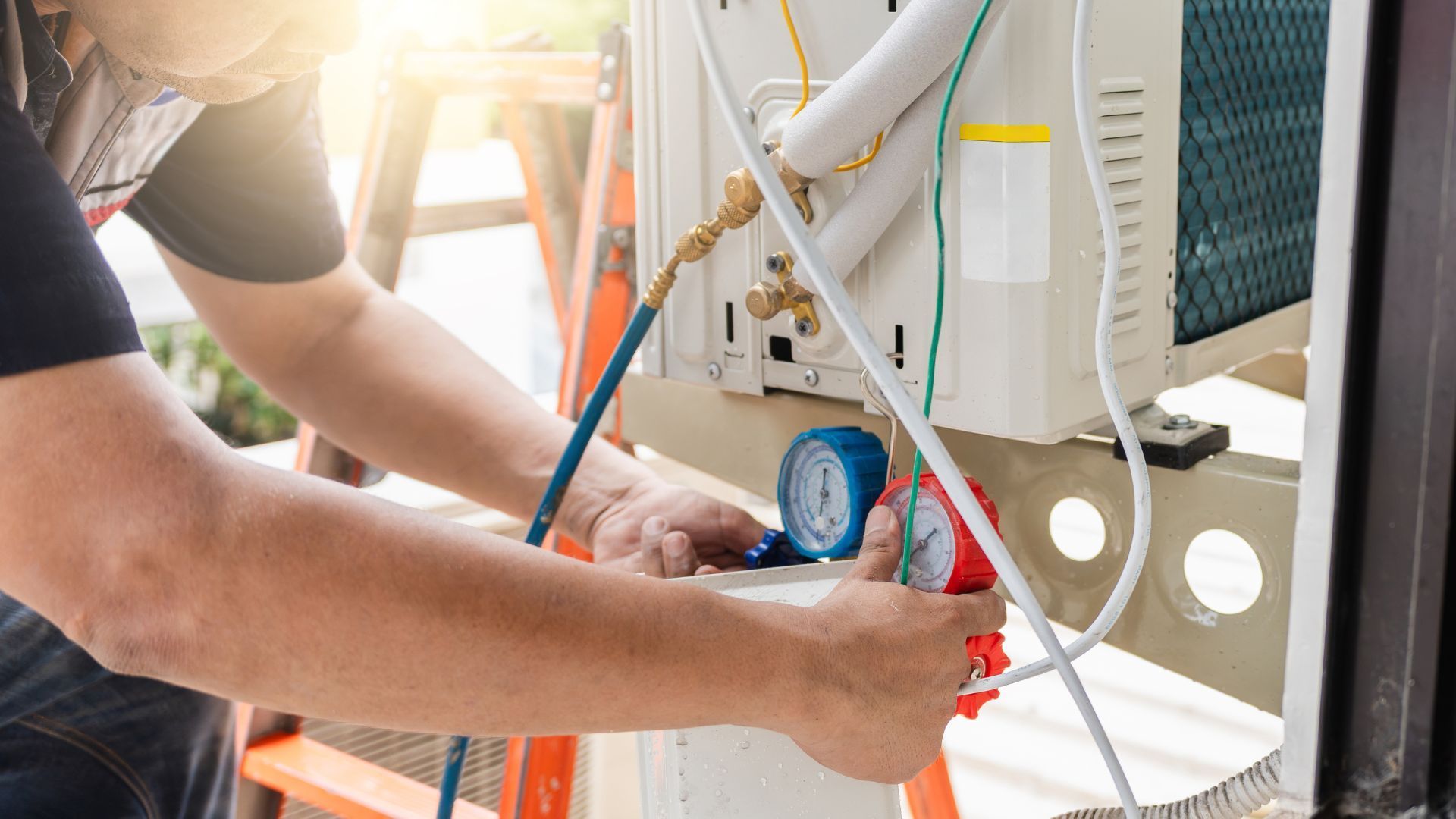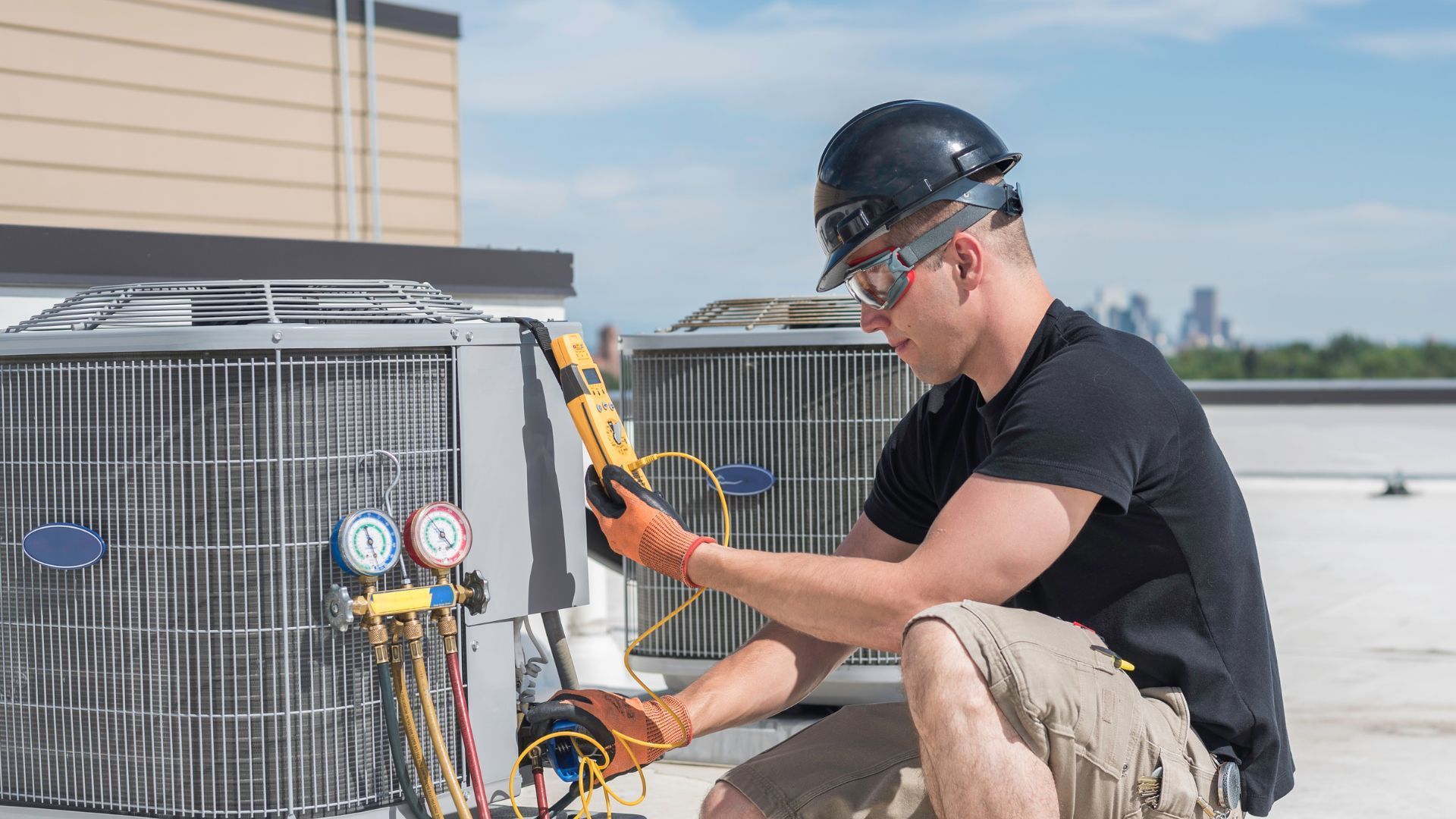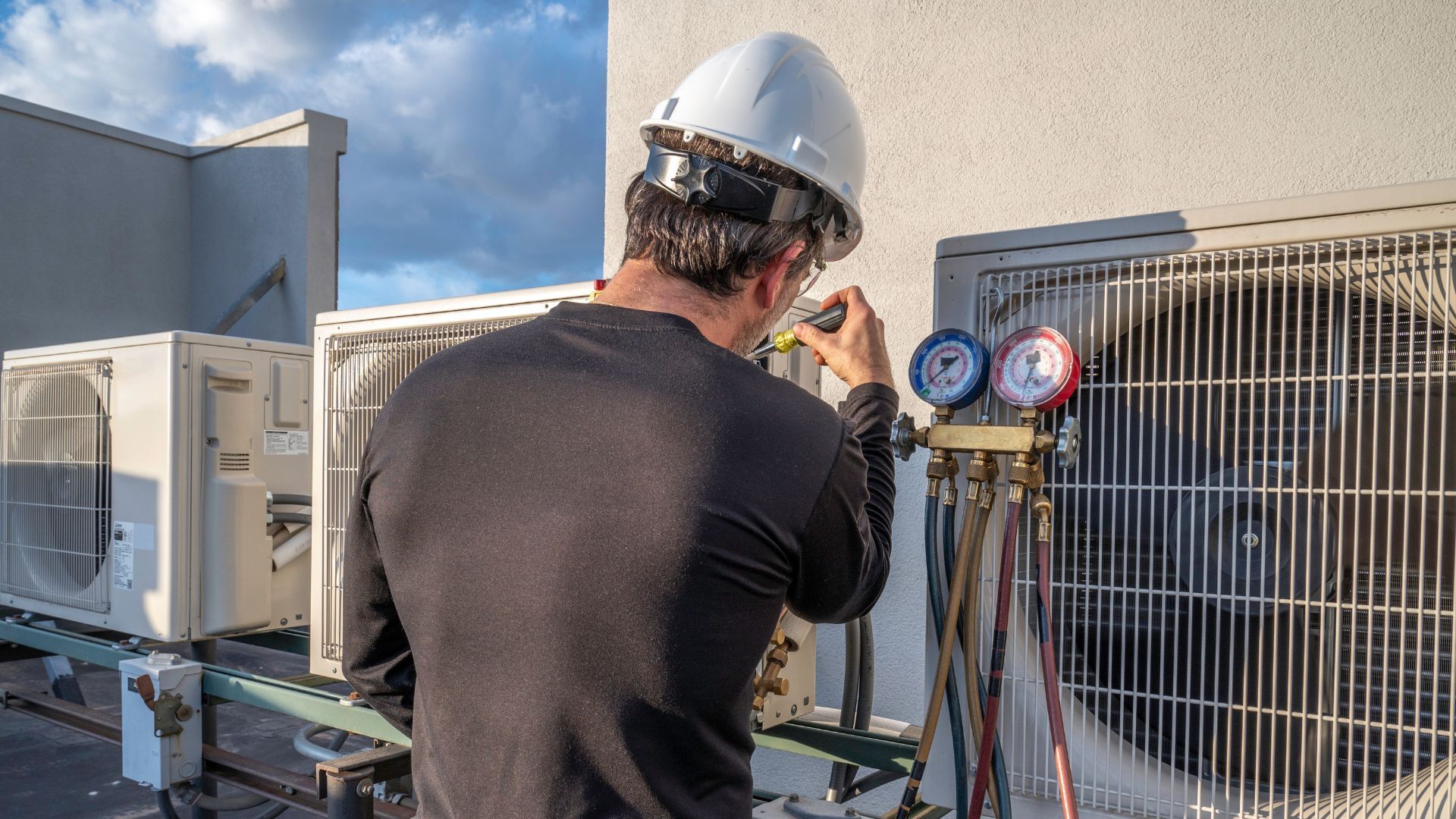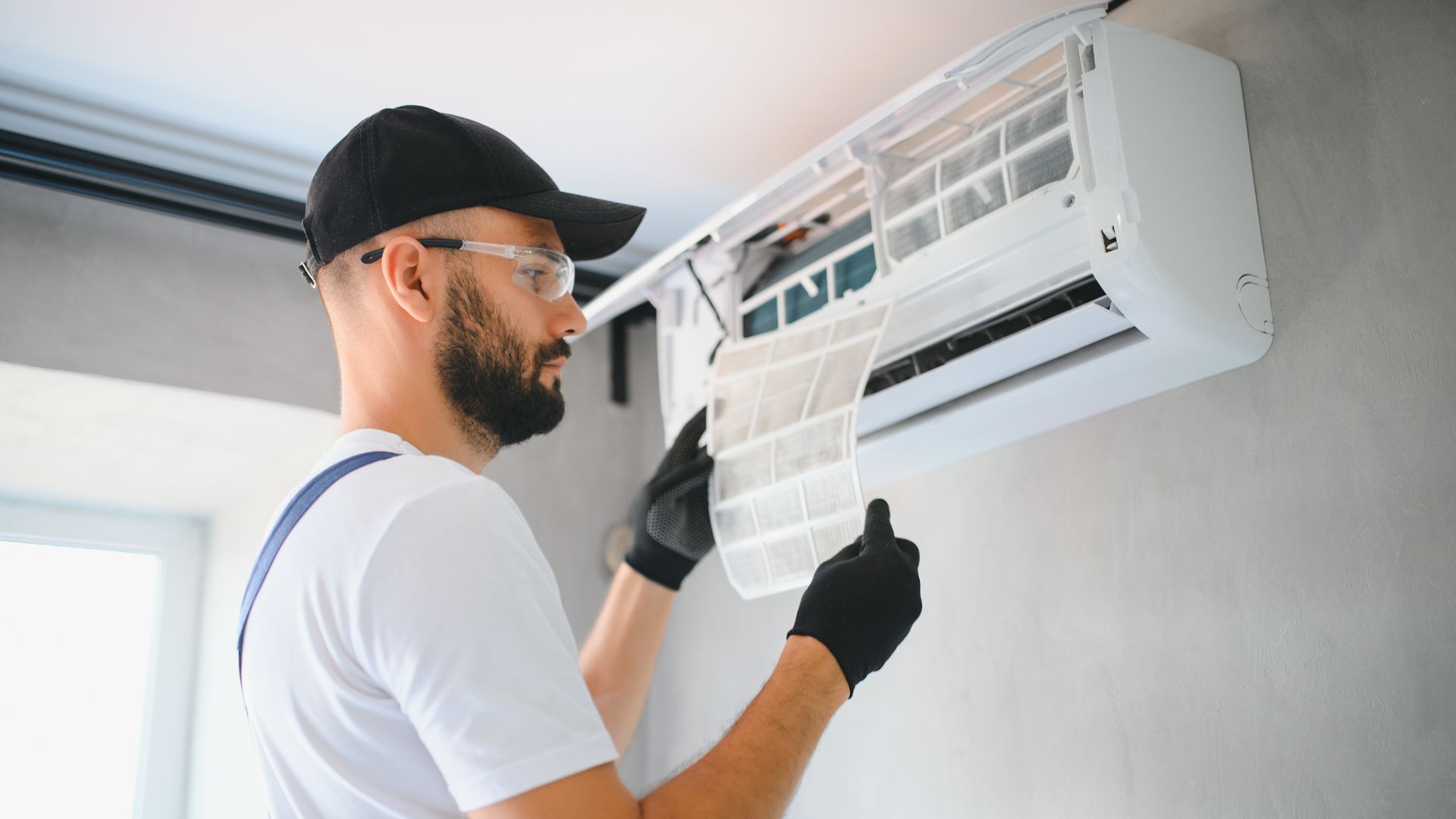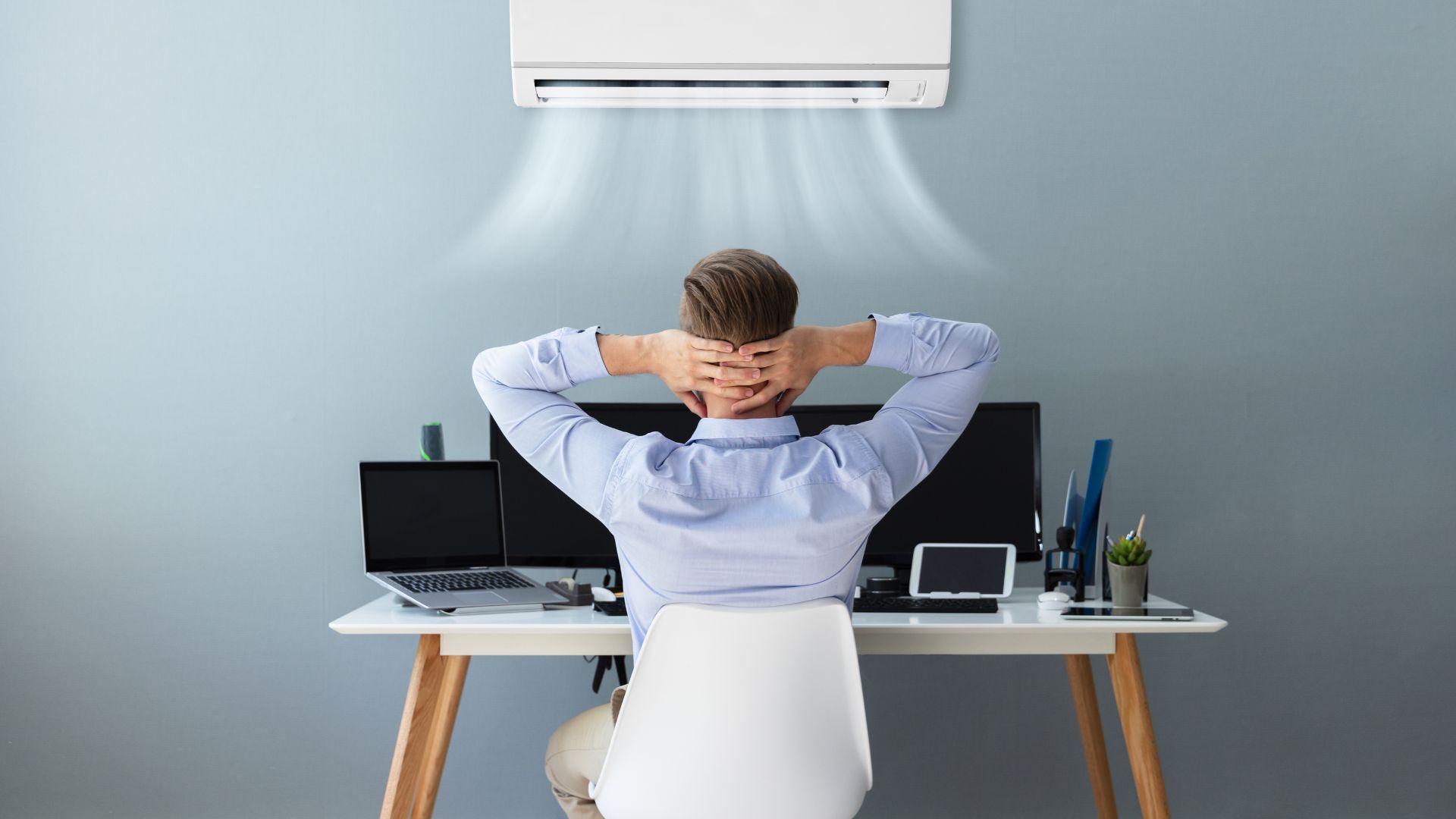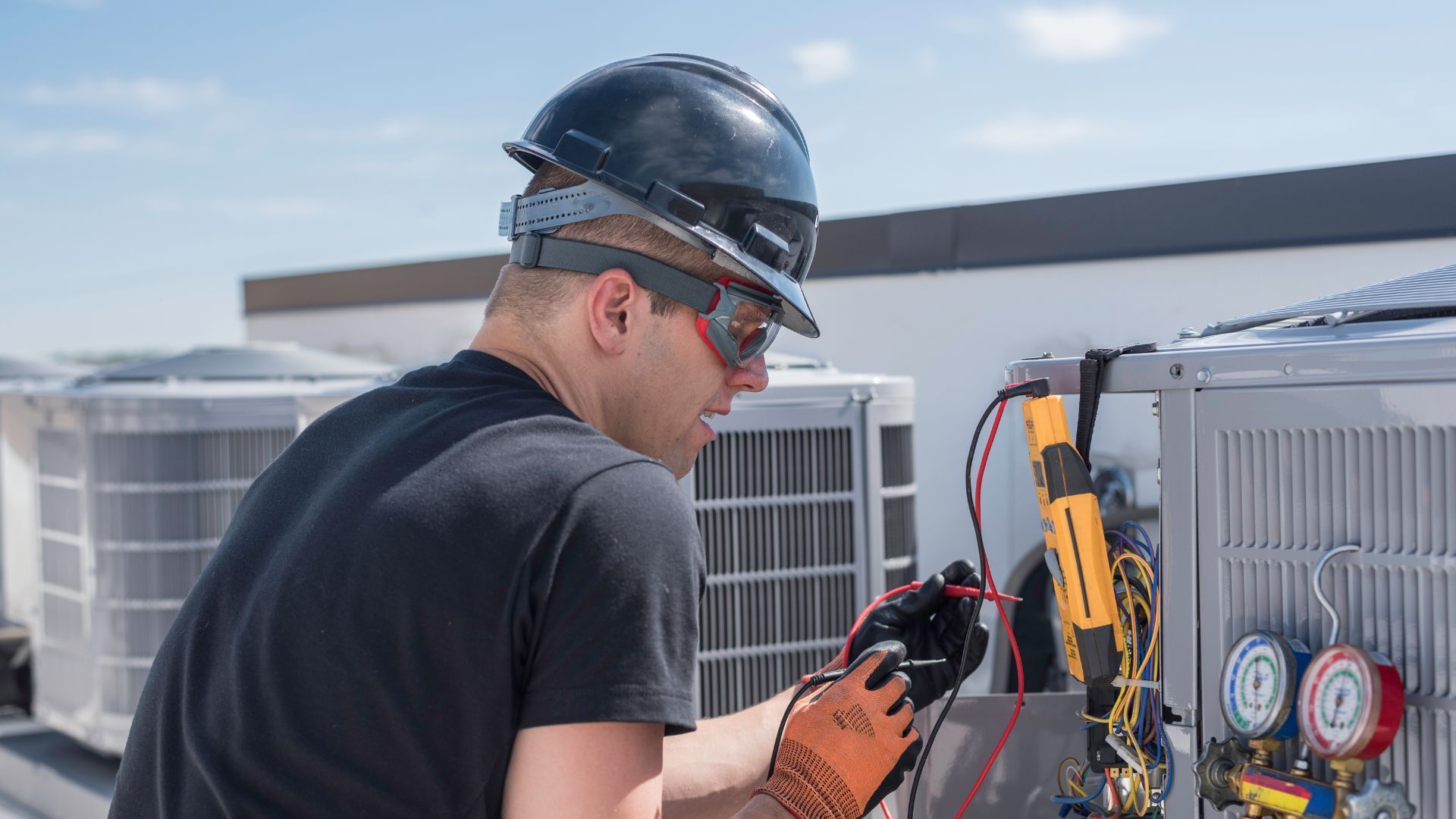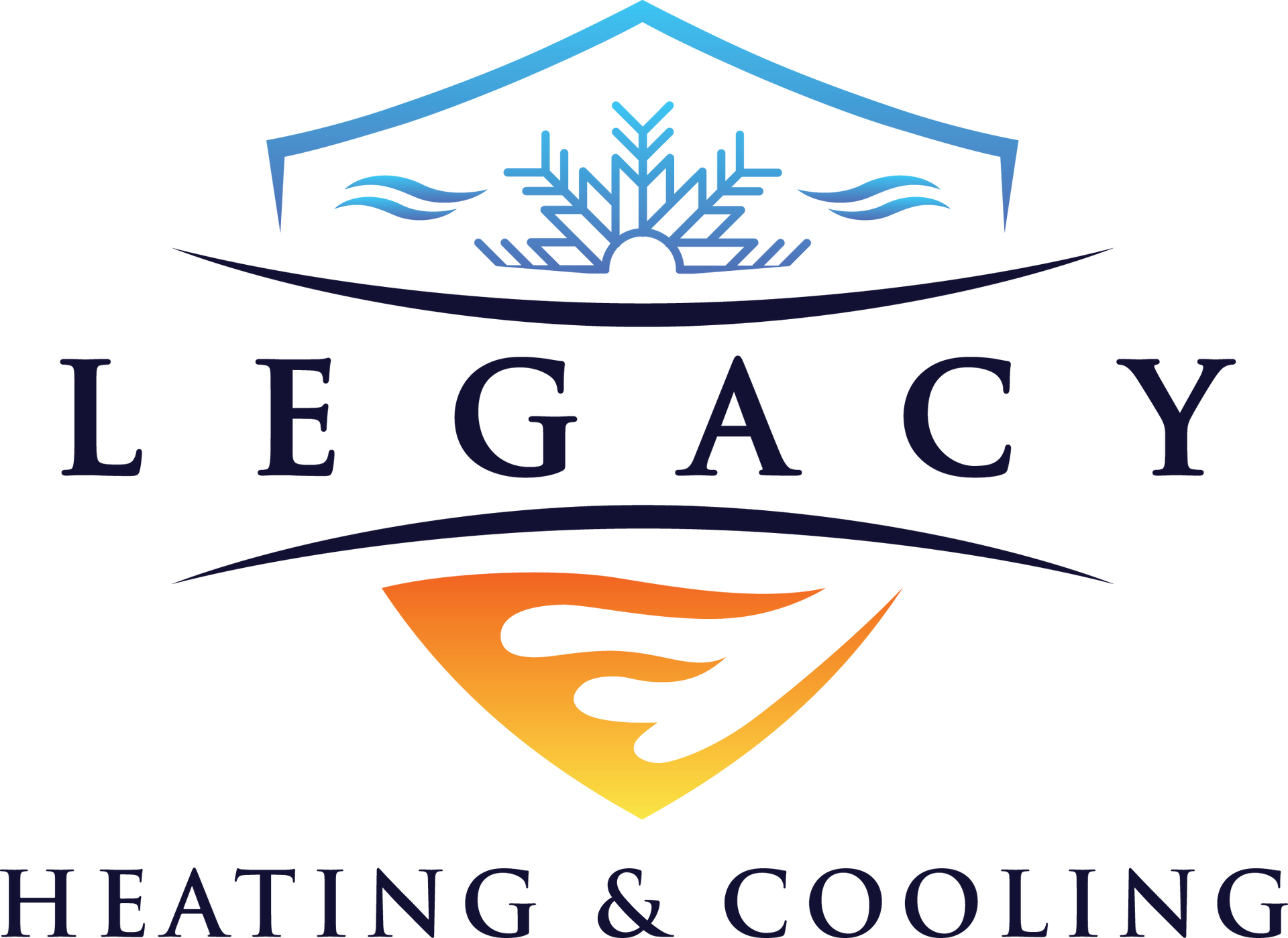Reliable Maintenance Plans for Commercial HVAC Systems in Rhode Island
Commercial HVAC systems, supported by
HVAC services in Rhode Island, are essential for maintaining comfortable, productive, and energy-efficient environments in various business settings. Due to wear and tear, unpredictable weather, and heavy usage, these systems risk disruptions, costly repairs, and efficiency losses. Reliable maintenance plans, including HVAC services in Rhode Island, help ensure optimal performance throughout the year by preventing breakdowns, extending equipment lifespan, and improving energy efficiency.
What Are the Key Benefits of Reliable Commercial HVAC Maintenance Plans?
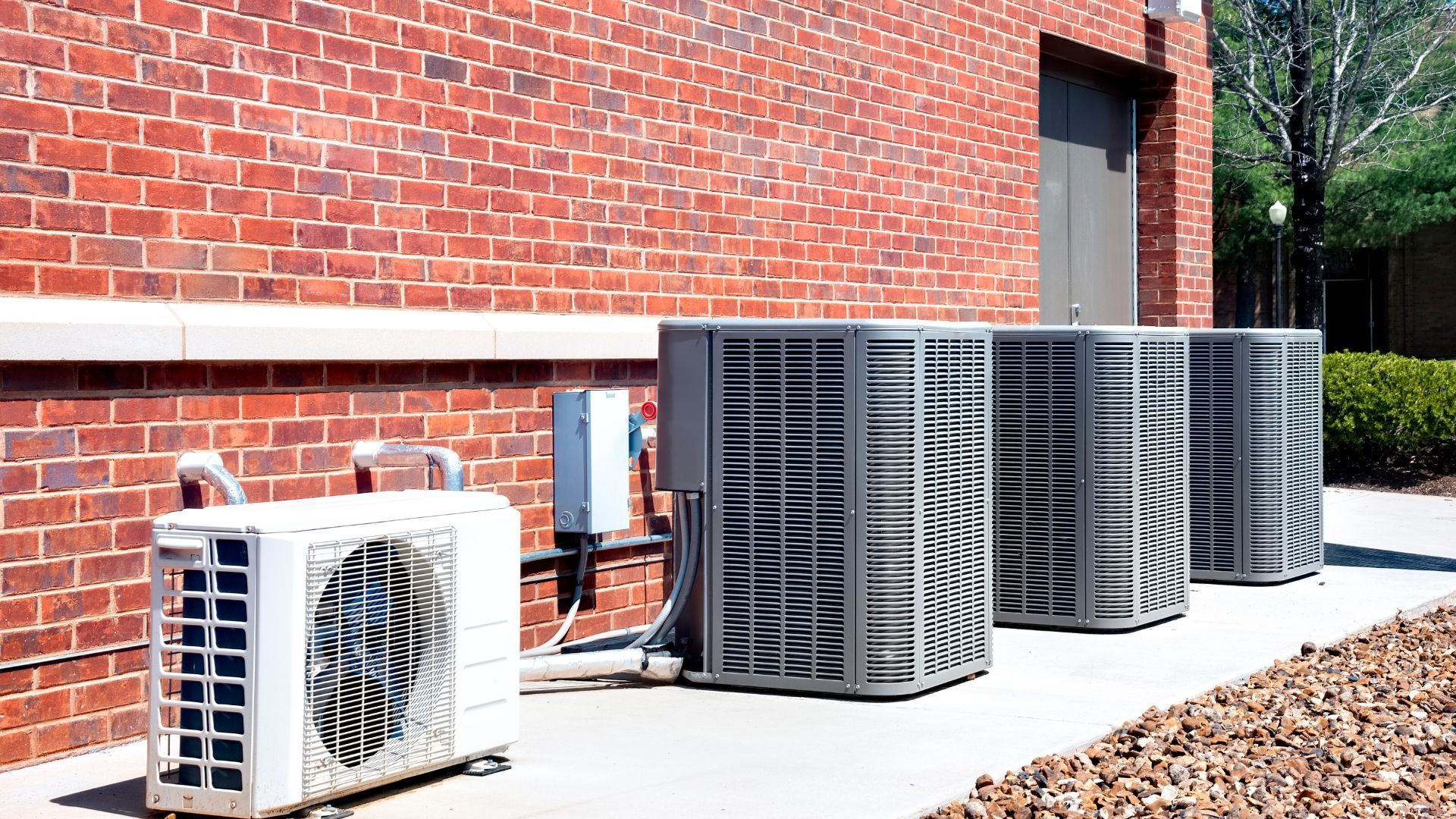
Reliable commercial HVAC maintenance plans provide systematic care by regularly inspecting, cleaning, and repairing components before minor issues become major failures. This proactive approach prevents breakdowns, reduces downtime, prolongs equipment lifespan, and optimizes energy usage—thus lowering operational costs.
How Does Proactive Maintenance Prevent HVAC Breakdowns?
Scheduled inspections and routine servicing, such as cleaning coils, checking refrigerant levels, and inspecting electrical connections, help detect and correct potential faults early. This consistent monitoring prevents unexpected failures during peak business hours and minimizes the need for emergency repairs.
In What Ways Do Maintenance Plans Extend HVAC System Lifespan?
Regular cleaning, lubrication of moving parts, filter replacements, and recalibration maintain system performance and prevent degradation. By addressing wear and tear early, maintenance plans help extend the useful life of HVAC equipment and reduce capital replacement costs.
How Can Maintenance Plans Improve Energy Efficiency and Reduce Costs?
When HVAC systems are well maintained, they operate more efficiently because airflows are optimized and components work without excess strain. This efficiency decreases power consumption and utility bills while minimizing the environmental impact.
How Are Commercial HVAC Maintenance Plans Customized for Rhode Island Businesses?
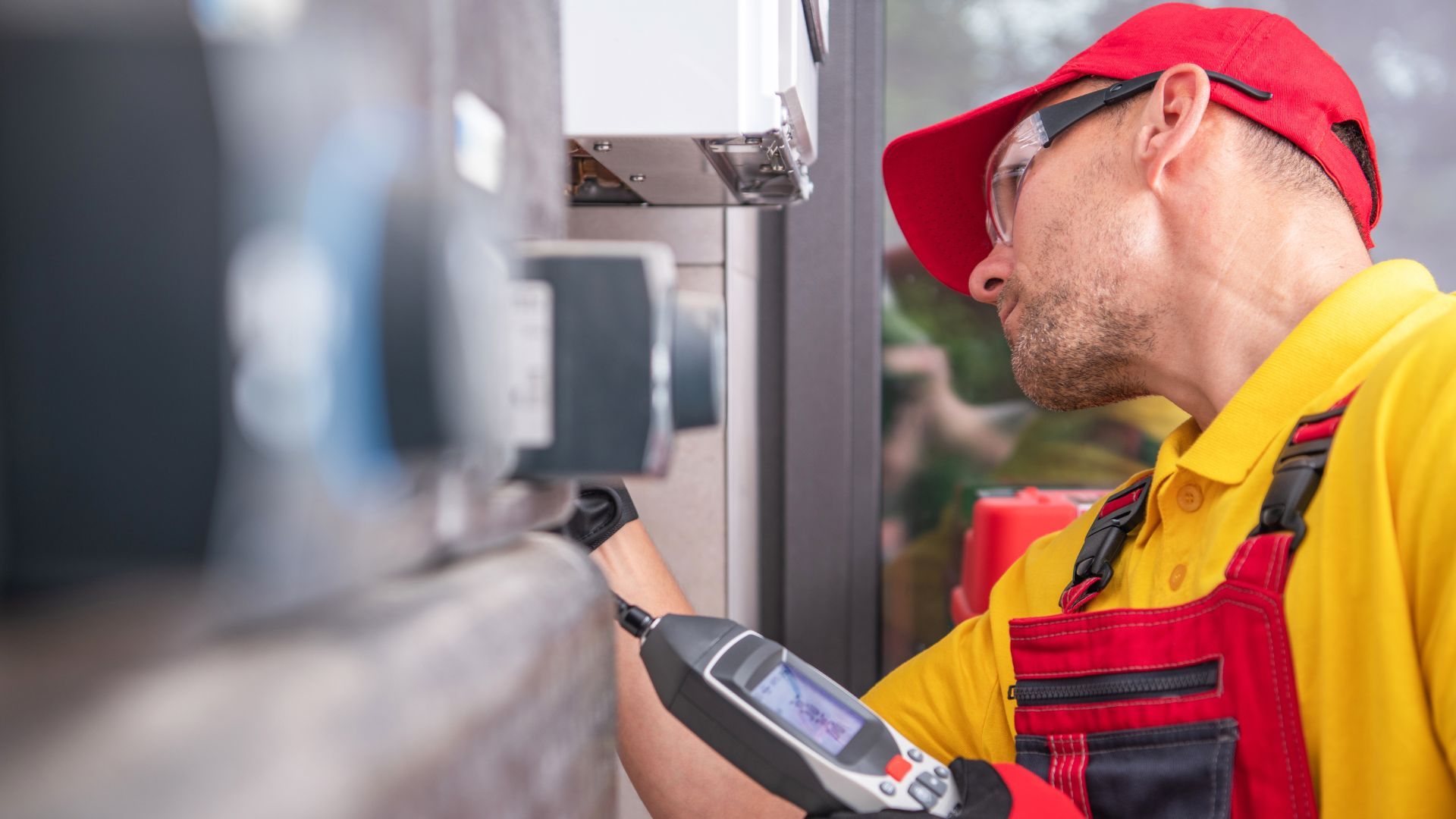
In Rhode Island, maintenance plans are tailored to meet unique climatic conditions and regulatory standards. Customization considers building design, usage patterns, and local environmental influences to ensure that each system performs optimally.
What Local Climate Factors Affect HVAC Maintenance Needs in Rhode Island?
Rhode Island’s humid continental climate—with cold winters and warm summers—requires HVAC systems to adapt to significant seasonal changes. Increased attention is needed during seasonal transitions to protect heating components in winter and maintain cooling efficiency in humid summers.
How Do Rhode Island Building Codes Influence HVAC Maintenance Requirements?
State building codes emphasize energy efficiency, indoor air quality, and occupant safety. Regular documentation of system performance, filtration, and ventilation is necessary for compliance, which in turn guides the scheduling of inspections and preventive repairs.
What Are the Advantages of Tailored Maintenance Plans for Different Commercial Properties?
Custom plans consider the diverse needs of commercial properties—from hospitals and schools to offices and retail spaces. By offering specific inspection schedules and repair strategies, tailored maintenance plans enhance system resilience, reduce downtime, and boost property value.
What Services Are Included in Reliable Commercial HVAC Maintenance Plans?
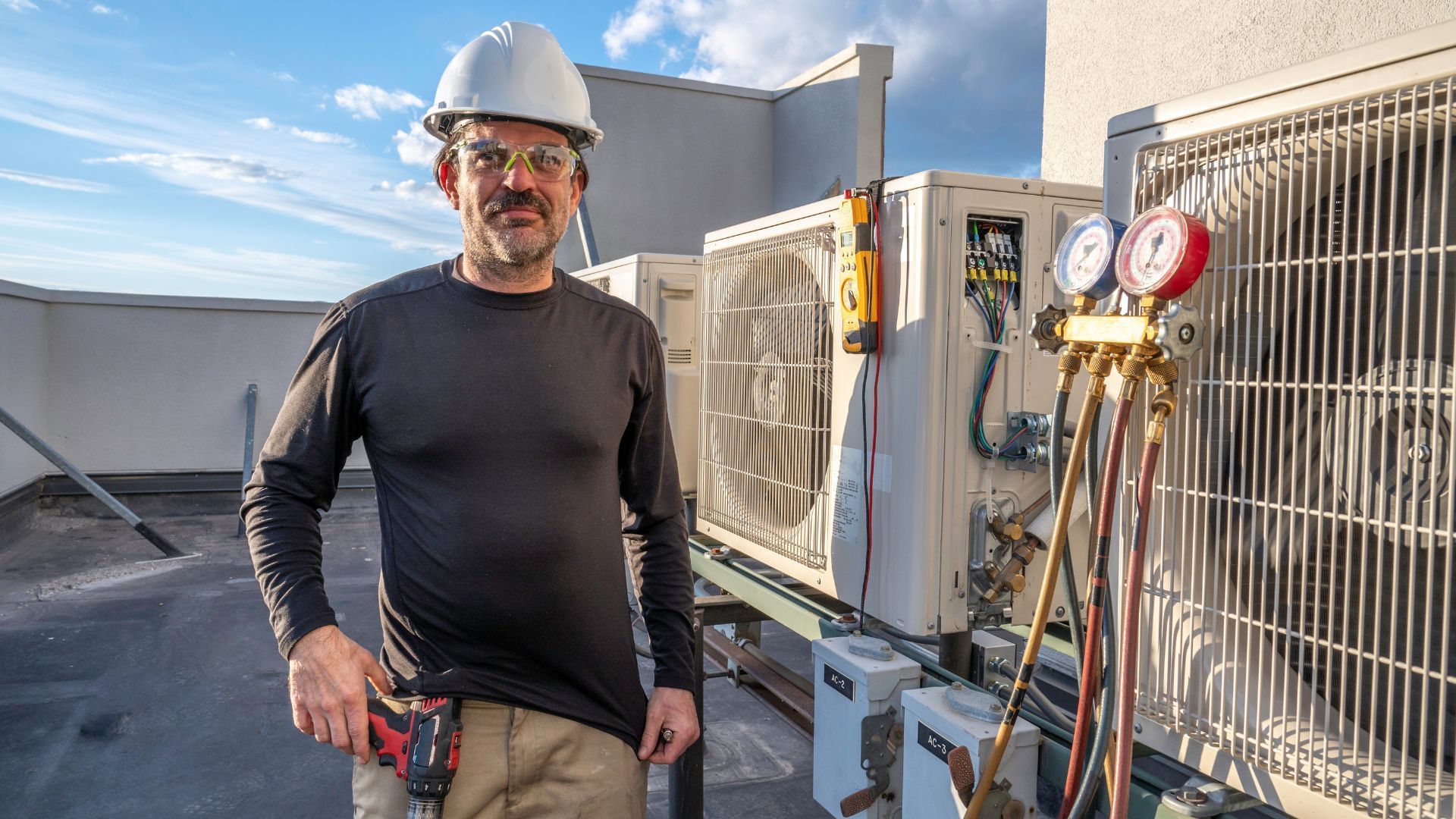
These plans typically include a comprehensive range of services designed to address both routine maintenance and emergencies, ensuring that HVAC systems remain reliable under all conditions.
Which Scheduled Maintenance Tasks Are Essential for Commercial HVAC Systems?
Key tasks include filter replacement, coil cleaning, lubrication, sensor and thermostat calibration, and system performance testing. Such actions prevent dust build-up, duct obstructions, refrigerant leaks, and other issues that could lead to inefficiency or system failure.
How Does 24/7 Emergency HVAC Repair Support Minimize Downtime?
Emergency repair services offer rapid response through remote diagnostics or onsite visits, regardless of the time. This immediate action minimizes operational disruptions and helps avoid revenue loss due to prolonged outages.
What Energy Optimization Services Are Offered in Maintenance Plans?
Maintenance plans often incorporate performance tuning, system retrofits, and periodic audits using smart sensors and building automation. Data analytics offer insights into energy consumption trends, allowing timely adjustments that enhance performance and energy savings.
How to Choose the Best Commercial HVAC Maintenance Provider in Rhode Island?
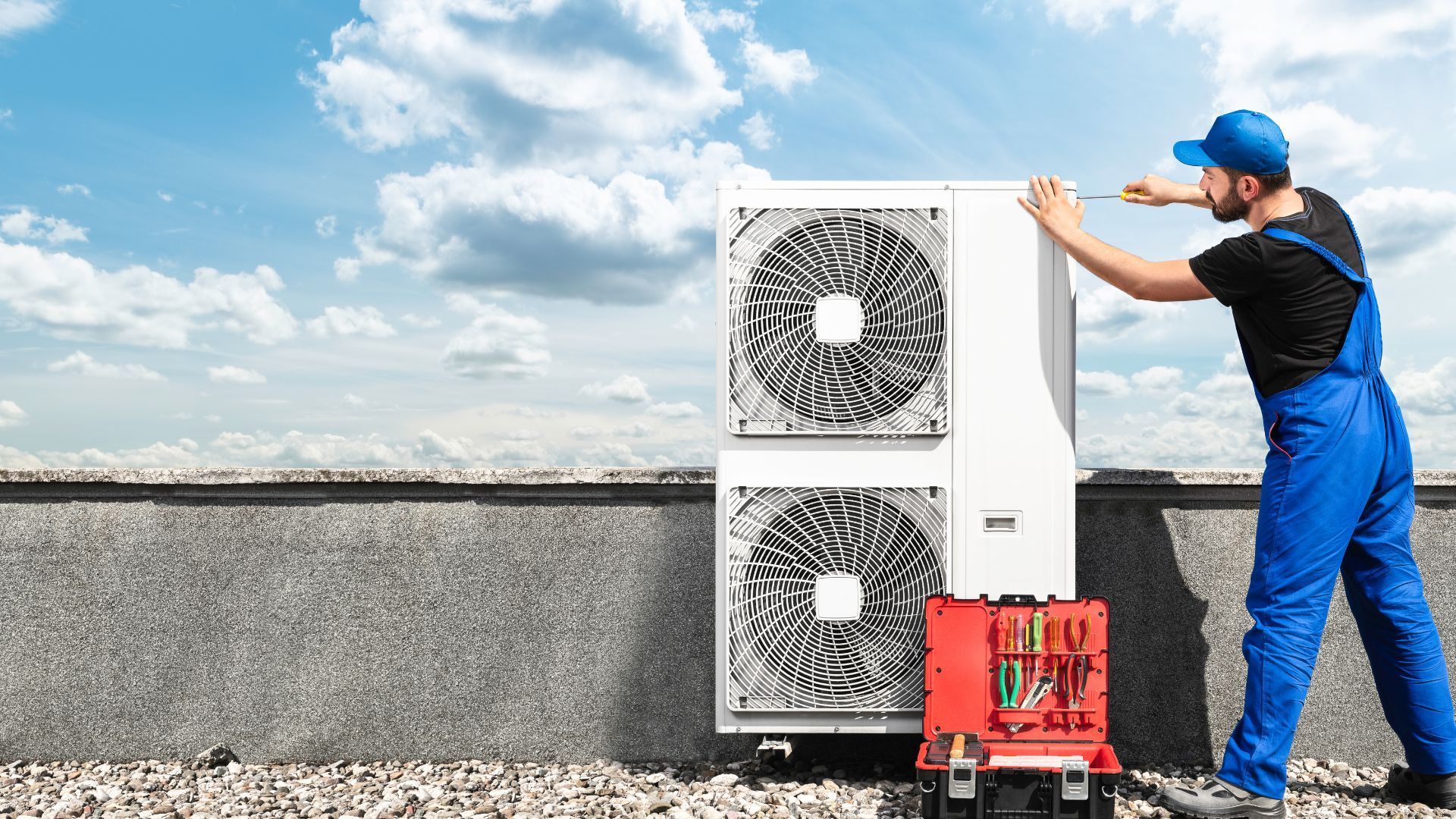
Selecting the right provider is crucial. The best providers combine local expertise with advanced technological support to ensure consistent, high-quality service.
What Qualifications and Local Expertise Should You Look For?
Look for certified technicians with credentials from organizations such as NATE and EPA. Providers experienced in Rhode Island’s climate and building codes can design maintenance plans that meet both safety and efficiency goals.
How Do Customer Reviews and Testimonials Reflect Service Reliability?
Positive reviews and testimonials are indicators of prompt service, effective repairs, and adherence to maintenance schedules. Providers with long-term contracts and consistent customer satisfaction are typically more dependable.
What Are the Cost Considerations for Commercial HVAC Maintenance Plans?
Cost considerations include routine fees, emergency repair charges, and contract incentives. Transparent pricing and flexible plans allow businesses to match their service needs with budget constraints while ensuring optimal system reliability.
How Often Should Commercial HVAC Systems Be Serviced in Rhode Island?
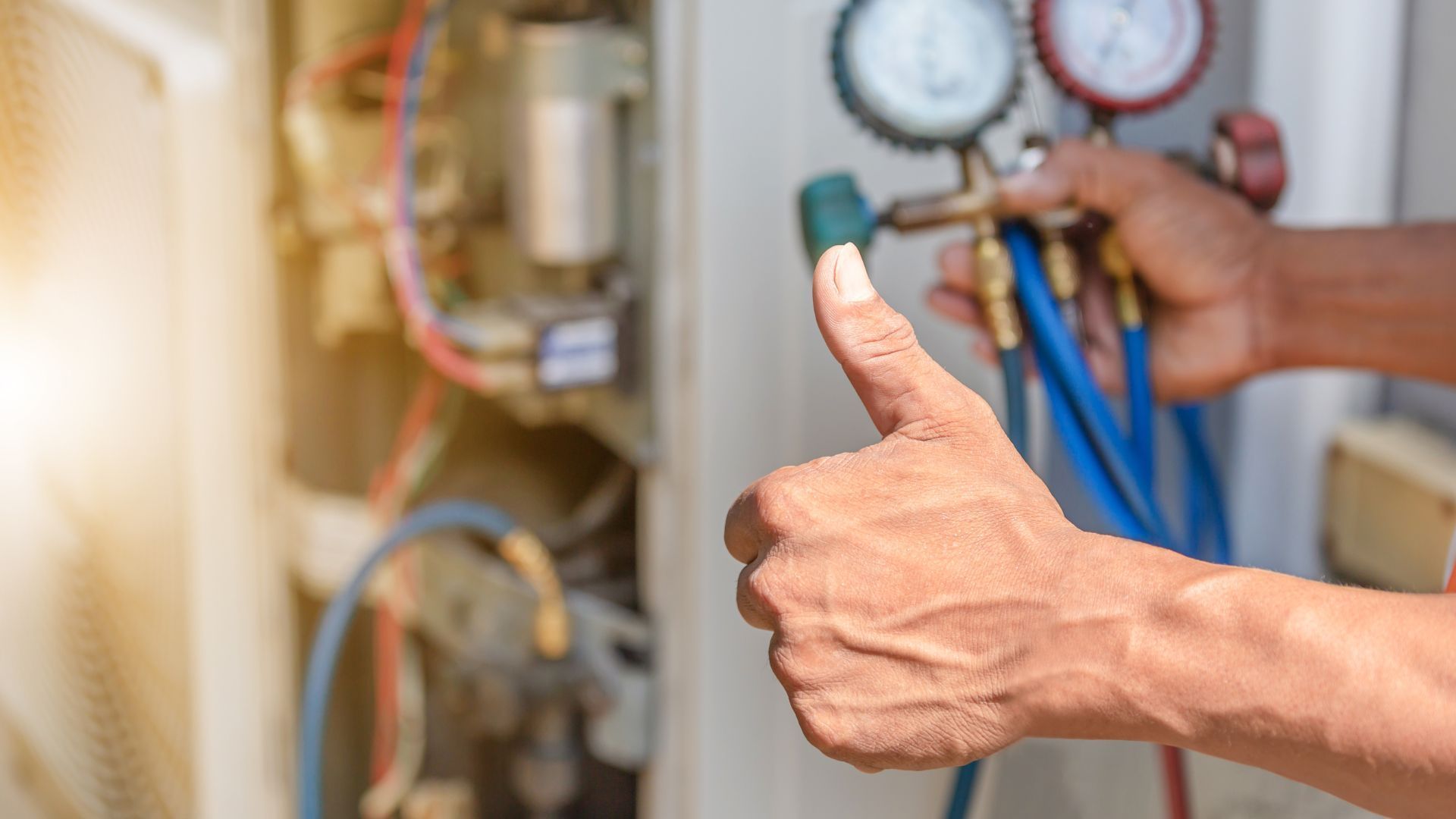
Regular service is key to maintaining HVAC efficiency. Service frequency may vary by system type and seasonal demands, with evaluations recommended at the start of heating and cooling seasons.
What Is the Recommended Maintenance Schedule for Different HVAC Types?
Rooftop units might require quarterly inspections, while indoor systems may be serviced biannually. Monthly or quarterly checks verify that filters, refrigerant levels, and mechanical parts remain in good condition.
How Does Seasonal Weather Impact Maintenance Frequency?
Rhode Island’s fluctuating weather calls for more frequent maintenance during seasonal transitions. Extra inspections in fall and spring ensure that both cooling and heating components are adjusted for temperature and humidity changes.
What Are the Signs That Immediate HVAC Maintenance Is Needed?
Immediate maintenance is necessary when unusual noises, decreased airflow, inconsistent temperatures, or increased energy consumption is observed. Visual signs such as ice buildup or water leakage, as well as alerts from smart monitoring systems, signal the need for urgent repairs.
What Are the Common Challenges in Maintaining Commercial HVAC Systems in Rhode Island?
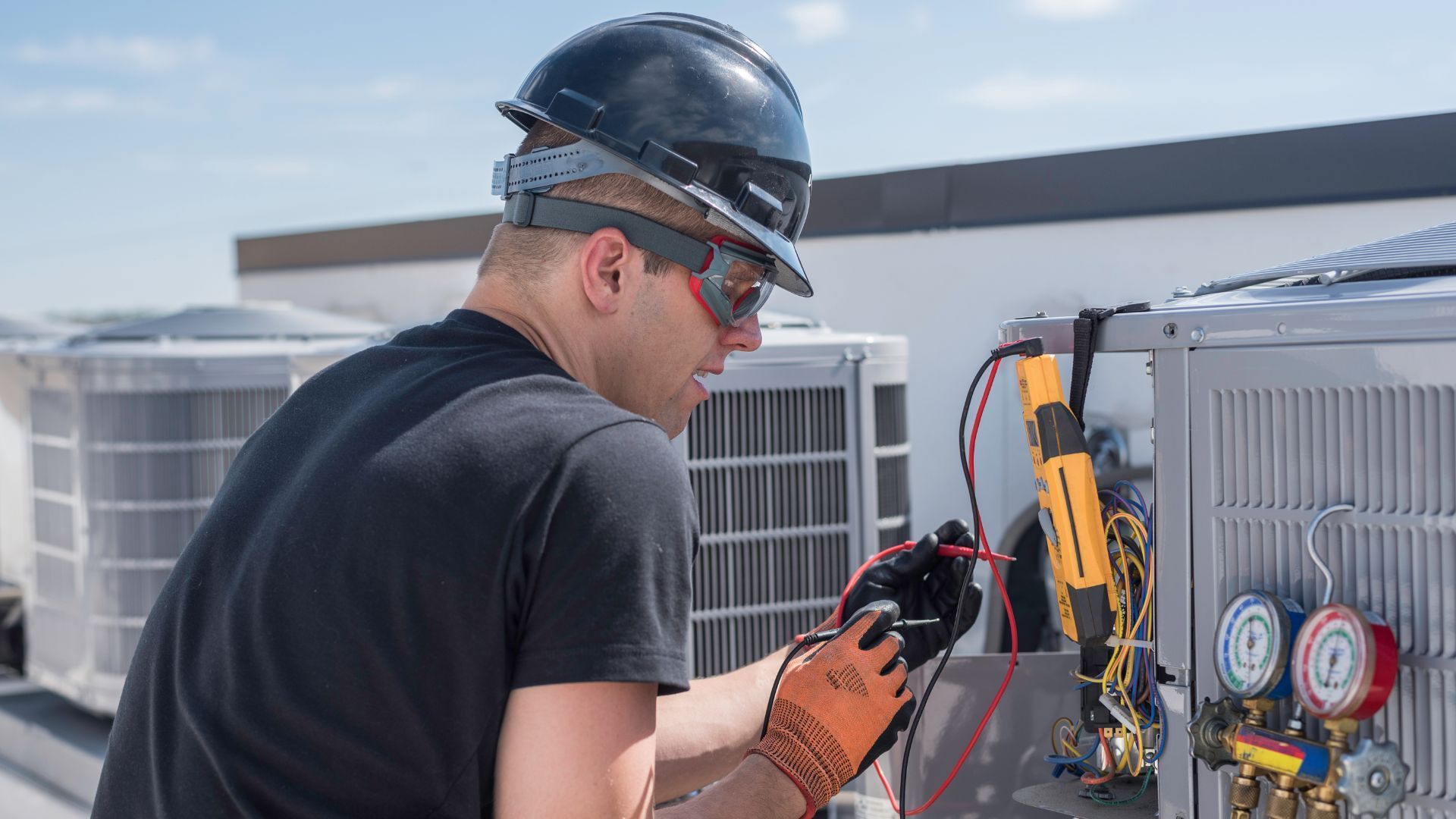
Unique challenges in Rhode Island arise from weather variability and the high usage of HVAC systems in dense commercial areas, making proactive management essential.
How Do Rhode Island’s Weather Conditions Affect HVAC Performance?
Harsh winters can cause component brittleness and refrigerant issues, while summer heat can stress cooling systems and electrical components. Robust maintenance helps protect systems with weather-resistant materials and proper insulation.
What Are Typical HVAC System Issues Prevented by Maintenance Plans?
Regular maintenance helps prevent issues like frozen coils, clogged filters, refrigerant leaks, and electrical failures. Early detection of wear and tear reduces the risk of system shutdowns and significant malfunctions.
How Can Maintenance Plans Help Avoid Costly Emergency Repairs?
Predictive maintenance techniques allow service providers to address minor issues before they escalate. Scheduled inspections reduce emergency calls and extend the lifespan of HVAC systems, saving businesses money in the long run.
What Are the Energy Efficiency Benefits of Regular HVAC Maintenance in Rhode Island?
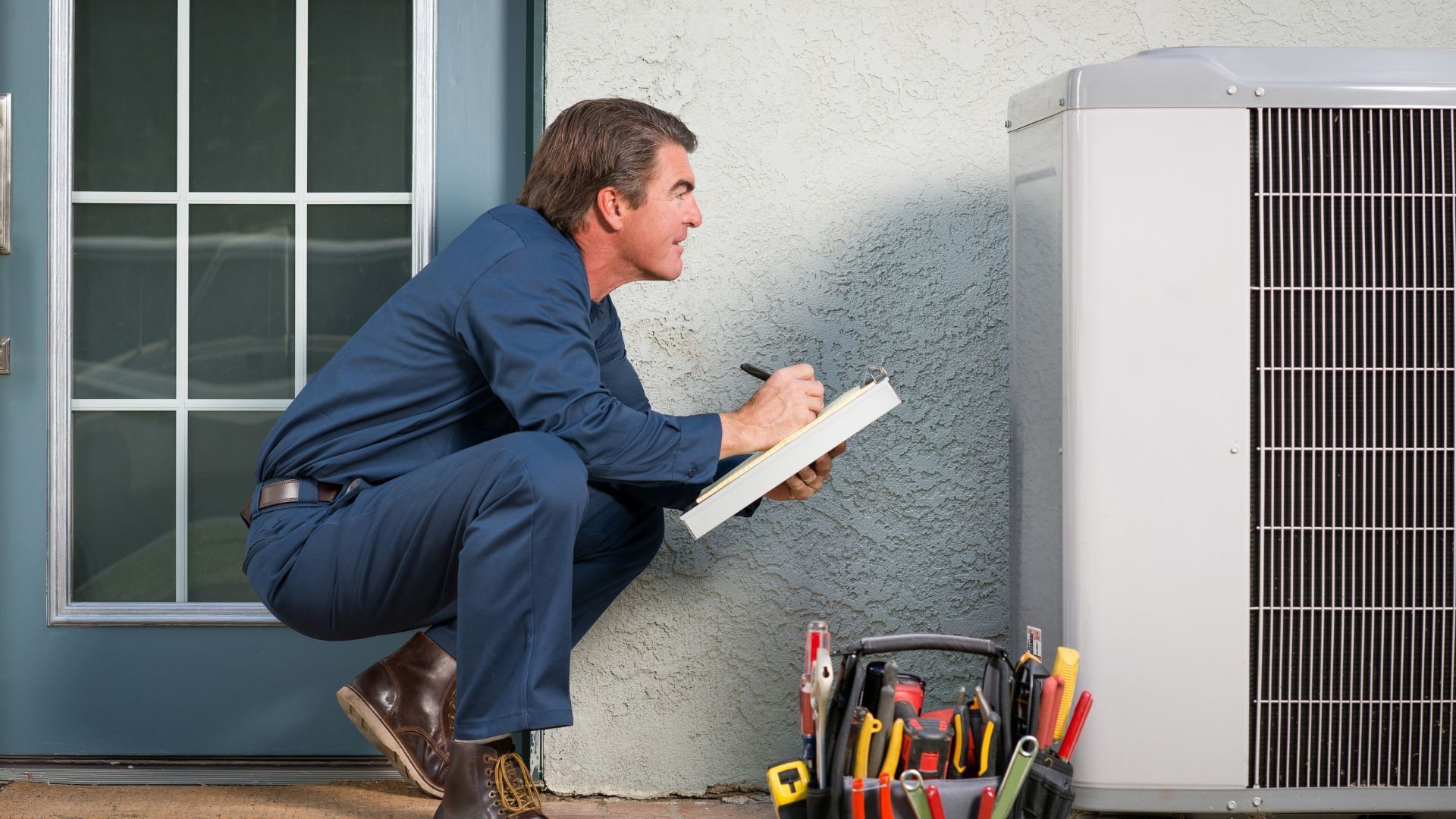
Regular maintenance significantly boosts energy efficiency, leading to lower operating costs and a reduced environmental footprint. By keeping systems clean and well-calibrated, businesses can achieve optimal performance.
How Does Maintenance Improve HVAC System Performance and Lower Energy Bills?
By cleaning internal components and ensuring proper settings through regular calibration, HVAC systems operate more efficiently. This reduces energy consumption and utility expenses while stabilizing indoor temperatures.
What Technologies Are Used to Optimize Energy Efficiency During Maintenance?
Tools like thermal imaging, smart sensors, and building automation systems help detect inefficiencies. Data analytics enable technicians to make predictive adjustments that reduce energy waste.
How Can Businesses Track Energy Savings From Maintenance Plans?
Maintenance reports, utility bill comparisons, and smart metering help businesses monitor energy savings. Transparent reporting demonstrates improvements, such as reduced annual energy consumption and lower costs.
Frequently Asked Questions
How often should commercial HVAC systems be inspected in Rhode Island?
Systems should typically be inspected biannually, with extra checks in the fall and spring to manage climate fluctuations.
What are the key benefits of a proactive HVAC maintenance plan?
Proactive plans reduce downtime, extend equipment lifespan, improve energy efficiency, and prevent emergency repairs.
How do local climate conditions affect HVAC maintenance needs?
The variable weather in Rhode Island requires seasonal adjustments and more frequent inspections and recalibrations.
What qualifications should a top HVAC maintenance provider have?
Providers should be certified (e.g., NATE, EPA), experienced with local conditions, and have strong customer reviews for transparency and reliability.
Can maintenance plans improve indoor air quality?
Yes, by regularly cleaning and replacing filters and ensuring proper ventilation, maintenance plans enhance indoor air quality and comfort.
Final Thoughts
Reliable maintenance plans for commercial HVAC systems in Rhode Island are vital for optimal performance, energy efficiency, and long-term savings. By reducing downtime through proactive inspections and customized service strategies, these plans not only guide compliance with local standards but also support environmental responsibility. Businesses that invest in comprehensive HVAC maintenance benefit from improved indoor comfort, reduced energy costs, and a safeguarded infrastructure against system failures.
